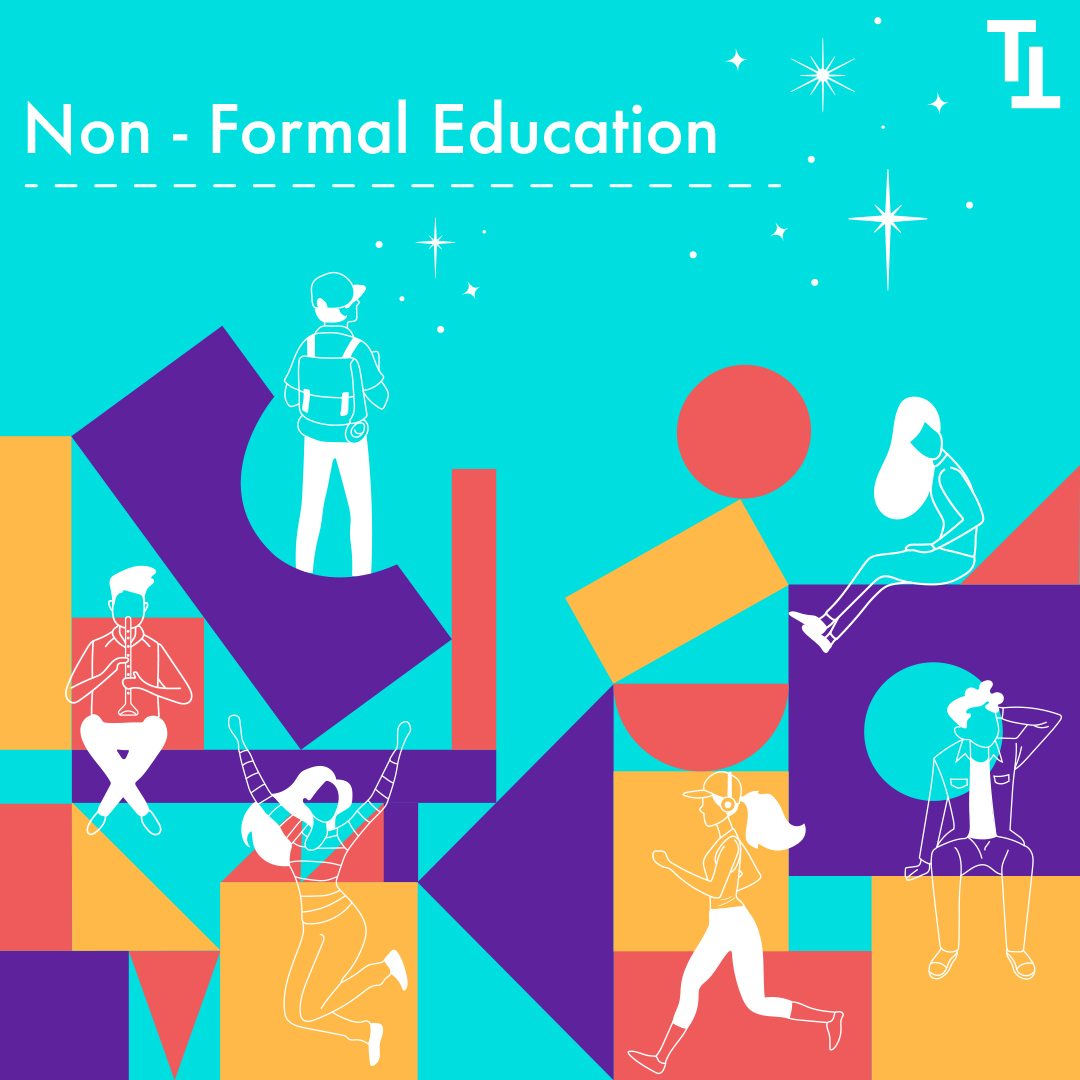Access to quality and affordable Education is a fundamental right guaranteed by the Constitution of the Islamic Republic of Pakistan. Learning and literacy mean investing in human dignity, development, and progress. Literacy is not about reading, writing, or learning only; instead, it’s much more than that. It is about enabling and equipping people to deal with life’s challenges and lead a purposeful and productive life.
Imparting literacy to all marginalized segments of society at their doorsteps through a chain of the Non-formal education system can be Pakistan’s most significant educational advancement. This priority will enable schools to help actualize the goal of equitable quality education set under the Sustainable Development Goal (SDG-4) on Education. Providing free and fundamental education along with functional skills is elementary for educational development. This objective should be prioritized irrespective of age, gender, social status, and area.
It is State’s constitutional responsibility to provide free and fundamental education to all children and adults in Pakistan. Article 2 states that Islam shall be the State Religion. Prophet Muhammad (PBUH) said he had been sent as a ‘teacher.’ As such, the basis of Islam is teaching, Education & learning. Moreover, the adult literacy component of NFE traces its roots to Sahab e Suffa of the Madni period of Prophethood. Article 25 A extolls that State shall provide free & compulsory Education to all children of the age of 05 to 16 years as determined by Law. Article 37 B calls for the removal of illiteracy. Articles 29, 30, 31, 33, 36 & 40 stress that children of Pakistan be instilled with a strong faith in religion, cultural values & traditions of society
18th Constitutional Amendment empowers and obligates the federating units of Pakistan to promulgate education policies & impart Education accordingly. This principle is further accentuated by the Rules of Business of Provinces. There are International Commitments like those of Sustainable Development Goals 04 to ensure inclusive and equitable quality education and promote lifelong learning opportunities for all. Furthermore, the Child Rights Convention of the United Nations in Article 28 espouses the importance of free & compulsory primary-level Education for all.
Pakistan has invested in the formal education sector, whereas the Non-formal education sector is lagging. Experts of the education system believe that a Non-formal education system is equally important. Many even suggest that an informal education system can impart literacy standards among adults. Significantly, functional literacy can enhance the scope of human resources in Pakistan. Therefore, there is a need to revamp the Non-formal educational system. The State of Pakistan should adopt the informal education system as a way forward to accomplish the objectives of literacy and education.

















2 thoughts on “Is Non Formal Education a way forward?”
Non Formal education is the only way forward because it’s flexibility to address the challenge of out of school children with diverse need and multiple backgrounds
Indeed, this is best way to teach skills. We need skills to perform our duty. It is because, every method that teaches us skill is good enough.